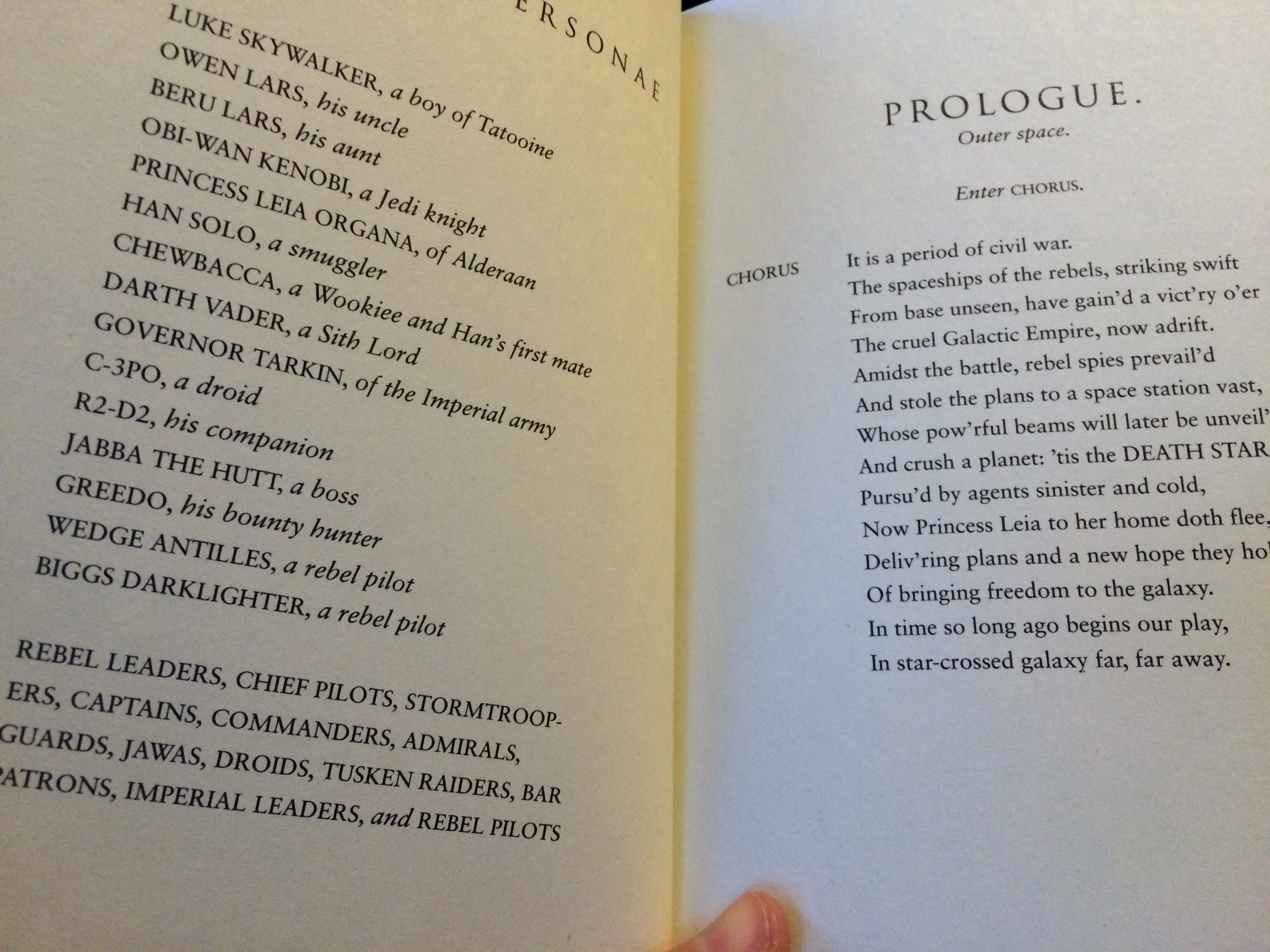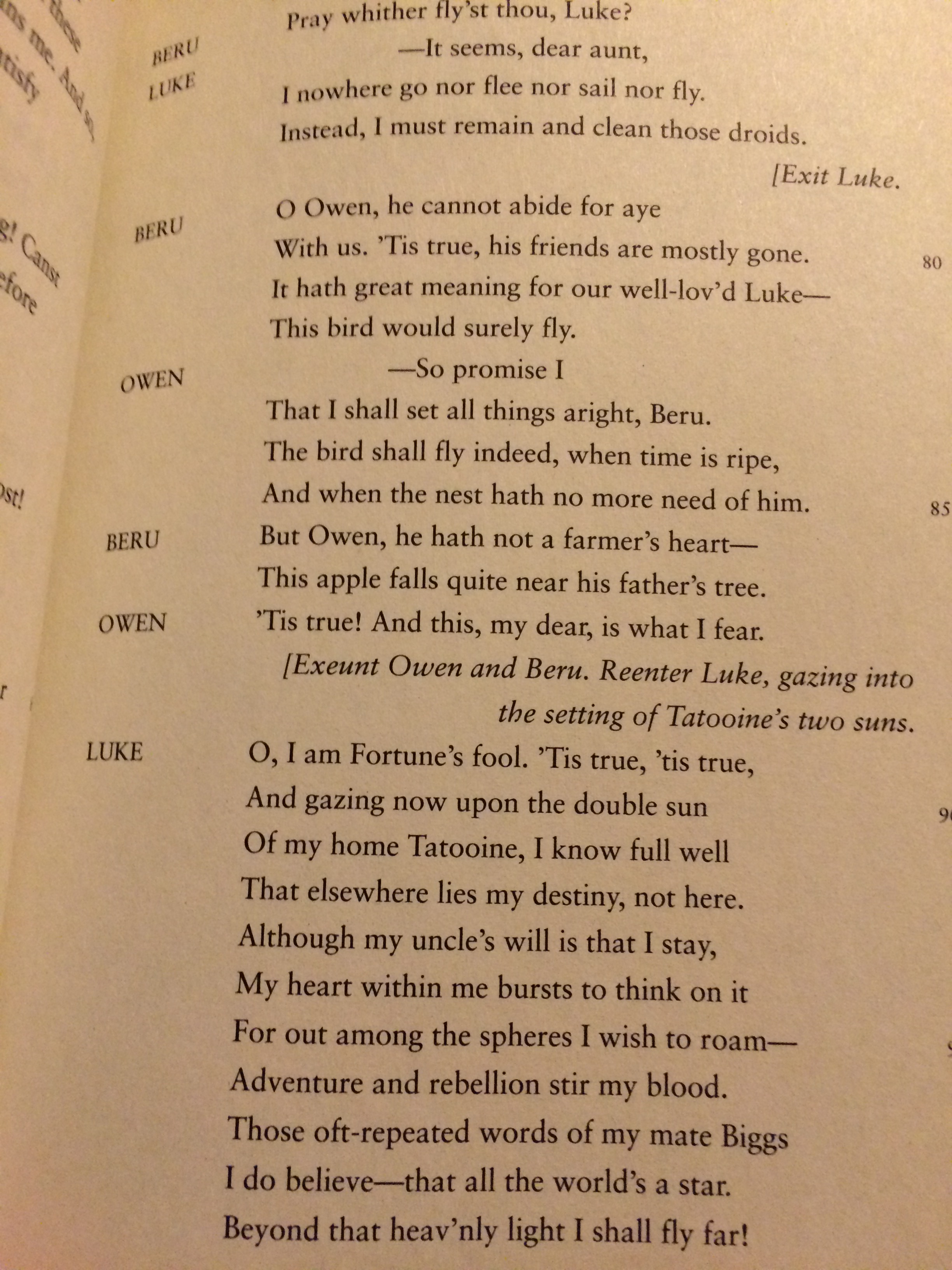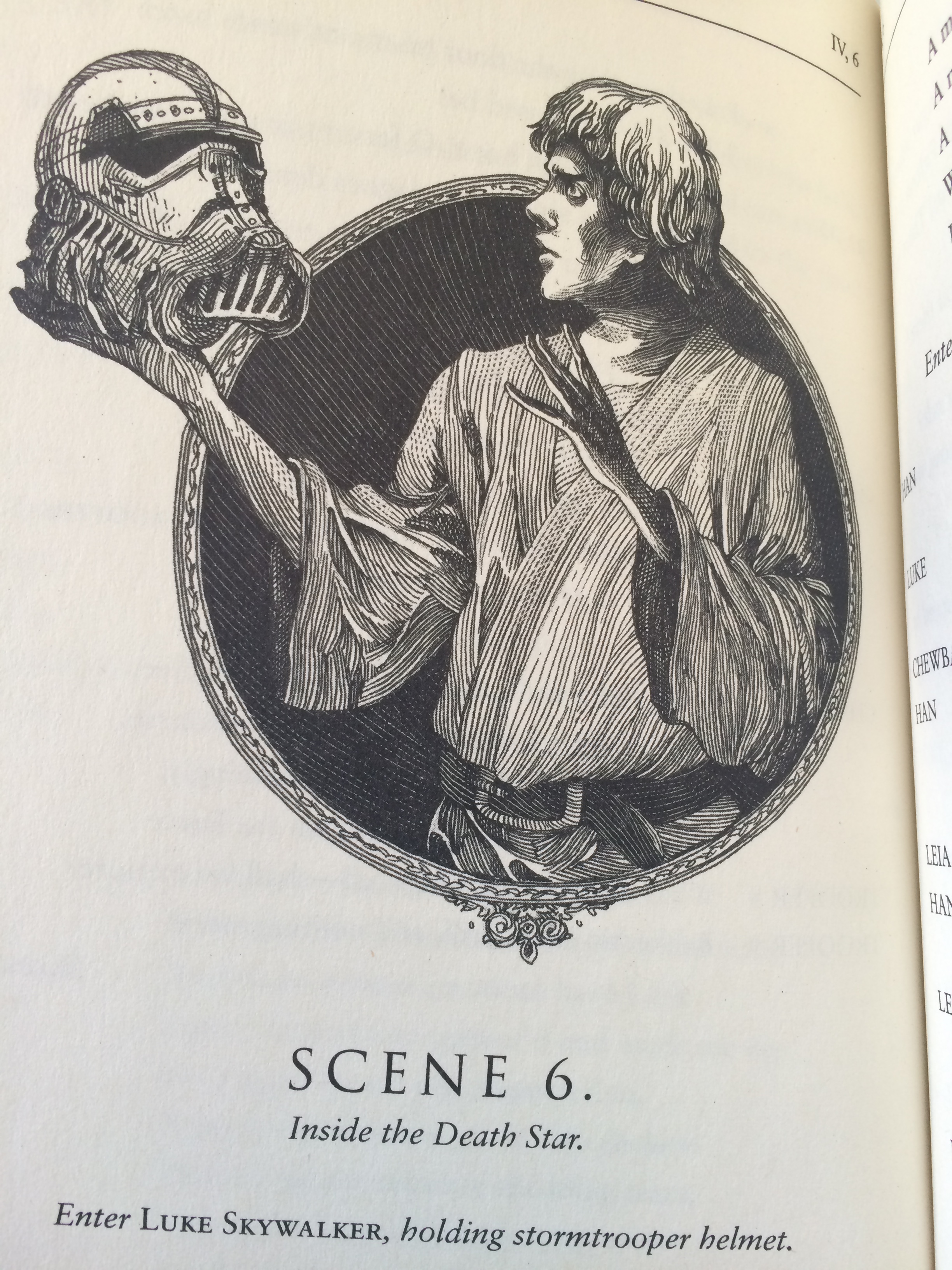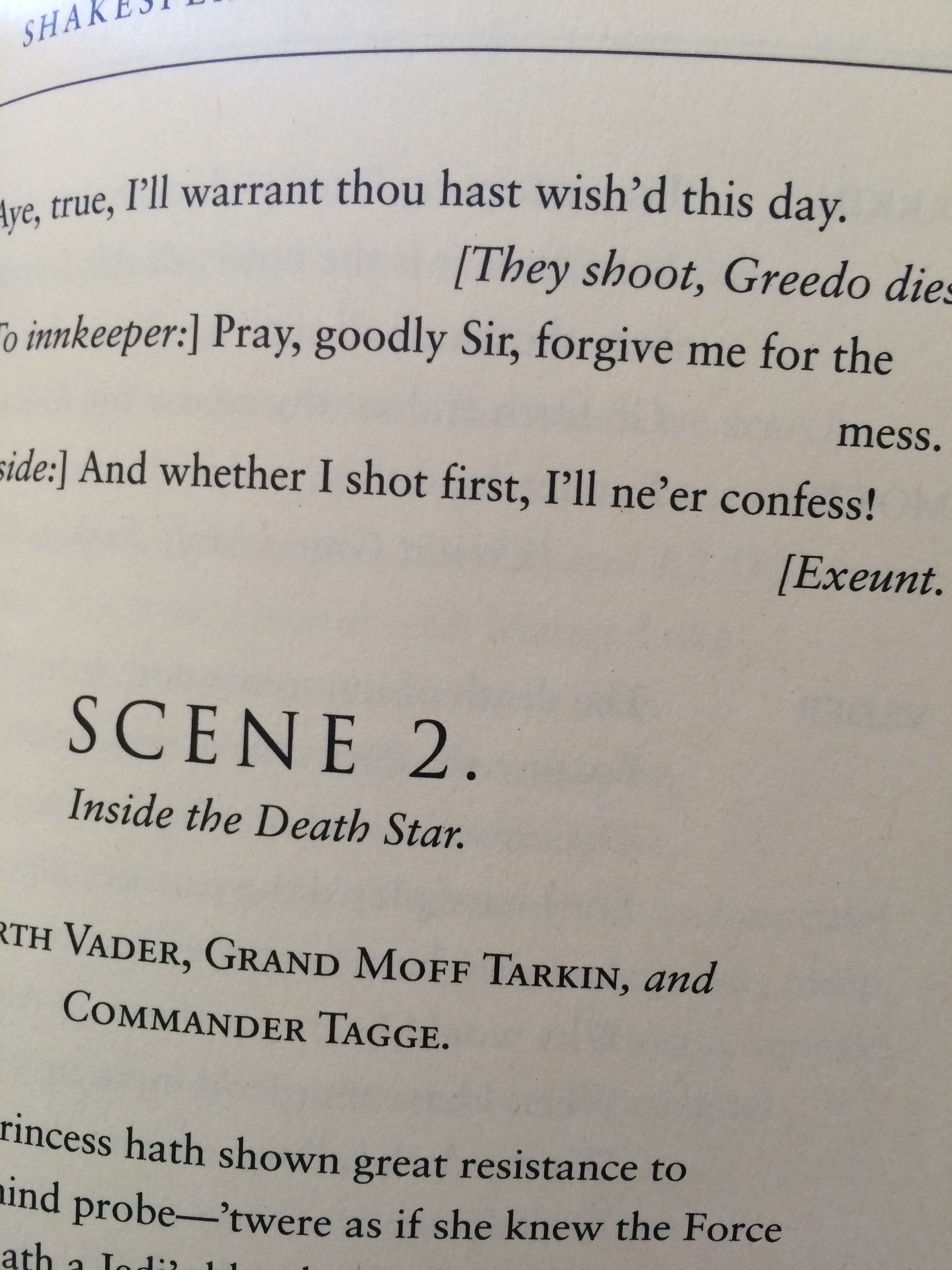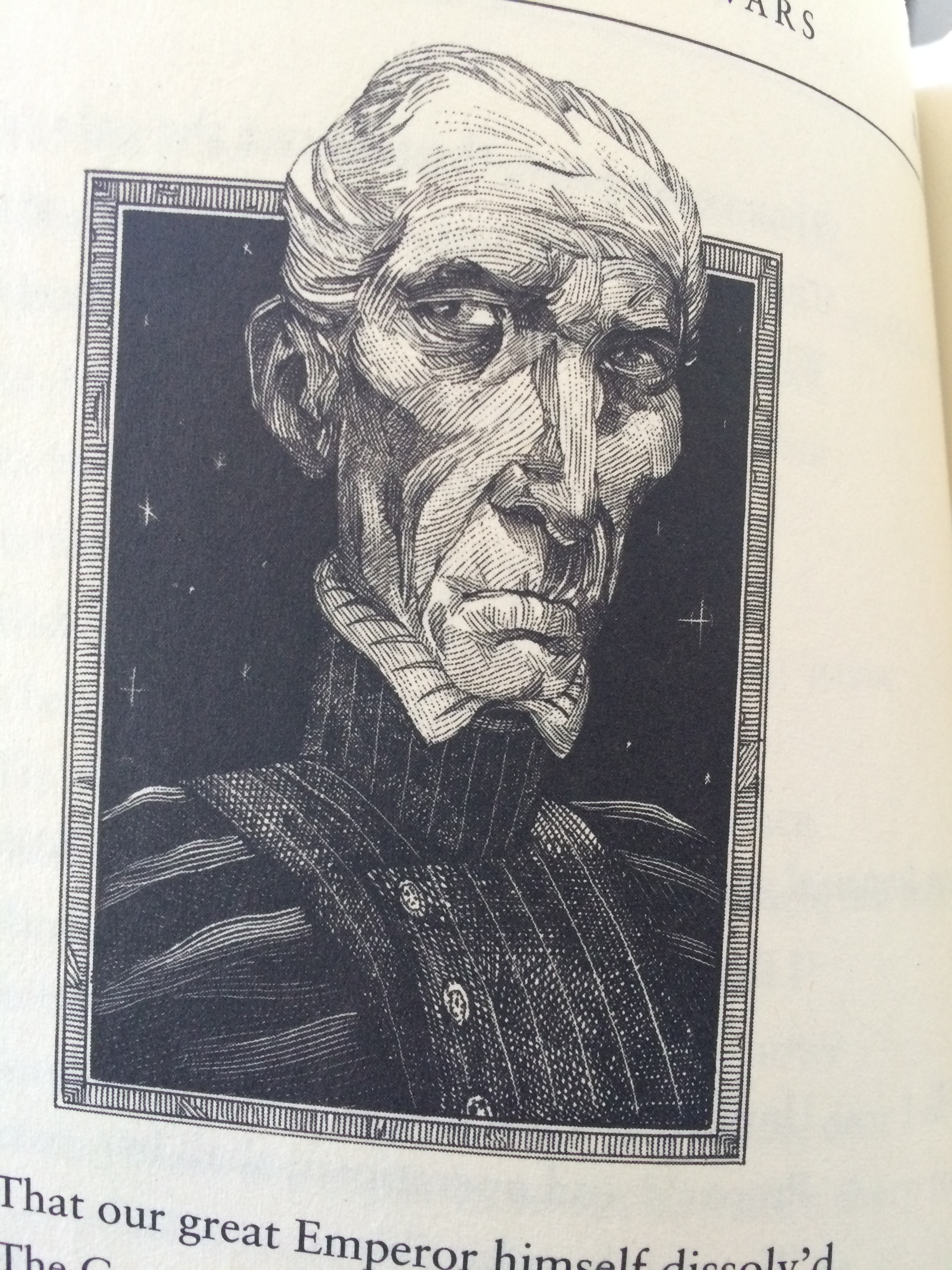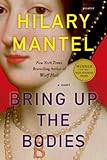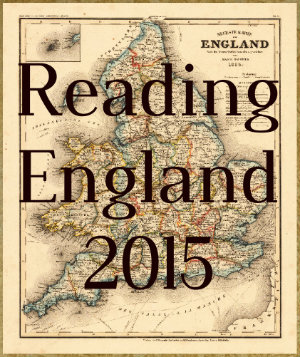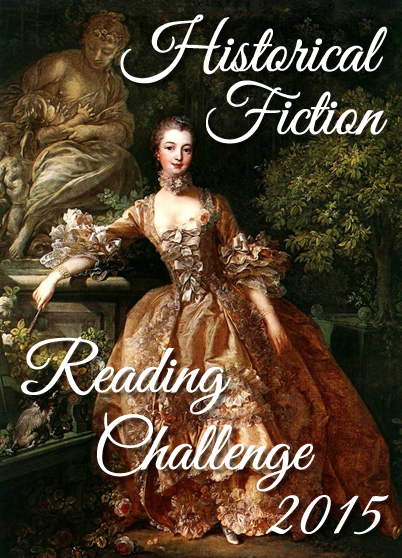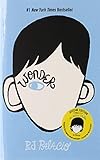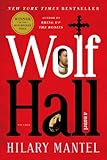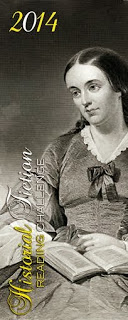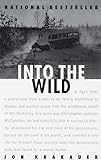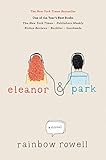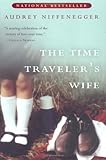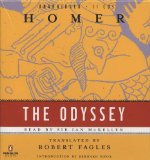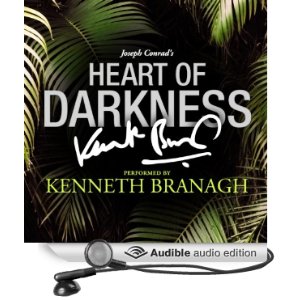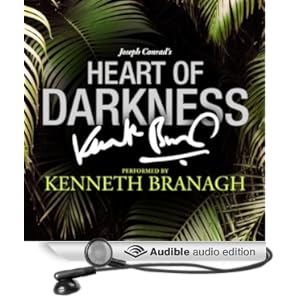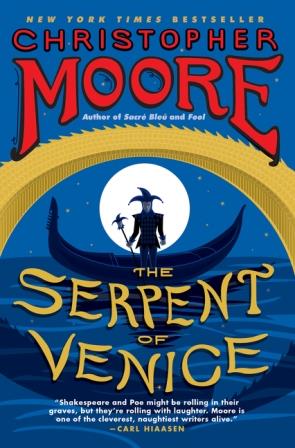 What do you get if you take a generous helping each of Shakespeare’s Merchant of Venice and Othello, a dash of King Lear, and a big splash of Edgar Allan Poe’s “A Cask of Amontillado” and put it in a blender with Monty Python? I’m not sure, but I think it would look a lot like Christopher Moore’s novel The Serpent of Venice.
What do you get if you take a generous helping each of Shakespeare’s Merchant of Venice and Othello, a dash of King Lear, and a big splash of Edgar Allan Poe’s “A Cask of Amontillado” and put it in a blender with Monty Python? I’m not sure, but I think it would look a lot like Christopher Moore’s novel The Serpent of Venice.
The Serpent of Venice is the continuing story of King Lear’s fool, Pocket, first introduced in Moore’s book Fool. Lured to Venice by Montressor Brabantio, Iago, and Antonio, Pocket is chained and walled up inside Brabantio’s dungeon. A mysterious creature rescues Pocket, who seeks his revenge against the trio with the help of Othello, Shylock, and Jessica and the mysterious creature, the Serpent of Venice herself.
I found the mashup of Shakespeare’s two Venetian plays to be interesting. A little stitching, and it all comes together nicely, though the tragedy of Othello is sacrificed in this comedic novel. Moore explains in his Afterword that he shifted the time settings of the two Shakespeare plays, which are more contemporary to Shakespeare’s own time, to the thirteenth century and adjusted some of the finer points (Othello is fighting the Genoans rather than the Turks). A famous Venetian of the 13th century makes an appearance late in the book. As Moore explains:
I chose Merchant and Othello, obviously, because they are set in Venice. Early on, as I dissected them to see what parts I could stitch back together to make the abomination that became The Serpent of Venice, I started noting that the characters in each of the plays perform similar functions, and although I didn’t research it, I suspect the parts were written for the same actors.
I admit the Shakespearean scholar in me wants to take that project on. It would be interesting to uncover—I’m sure someone’s done it already. For the record, The Merchant of Venice is dated from around 1596-1597, while the earliest mention of Othello is 1604. Will Kempe, Shakespeare’s famous clown, departed the Lord Chamberlain’s Men acting company in 1599 and thus his successor Robert Armin likely played the Fool or Clown in Othello and also in King Lear, though Kempe probably did play Lancelot Gobbo in Merchant. Richard Burbage certainly played Othello, and this epitaph suggests he played Shylock. More research is beyond the scope of the resources I have at hand.
Nevertheless, the entire Afterword reveals the depth of research Moore did in order to bring 13th century Venice alive, as well as combine the three major works of literature that comprise this tale. Further, it’s intriguing that the two Shakespearean plays, aside from being set in Venice, are also the two major plays that include marginalized characters such as Shylock and Othello.
In fact, I quite enjoyed the characters in this novel, particularly the protagonist Pocket and Jessica. Pocket is smart and resourceful, but he’s no one to mess with either. For that matter, the same could be said of Jessica. Where the book particularly shines is in its witty dialogue. The book’s Chorus is a lot of fun. Witness this exchange, a flashback to events preceding the book’s main narrative, when Othello saves Pocket’s life:
CHORUS: And thus was friendship formed. Two outsiders, outside a palace in the night, found fellowship in their troubles, and there one’s problems became the other’s purpose.
“Who is that?” asked the fool.
“I don’t know him,” said the Moor. “Is he following us?”
“No, he’s just yammering on about the bloody obvious to no one. A nutter, no doubt.”
“I cannot carry him, too,” said Othello. (28-29)
The reviews on this one are a little mixed, and I gather it’s mainly folks who don’t appreciate the humor who give the book low ratings. I laughed often as I read. Moore has a gift for humor, or at least I think he’s funny, though I should think folks who find it sacrilegious to tamper with Shakespeare and don’t even like it when his plays have modern settings should probably not read this book. I think having read Shakespeare will help the reader appreciate the humor and allusions in this book. This book is probably not right for everyone, but I loved it.
For the record, I think Shakespeare himself would have loved it, too. Edgar Allan Poe? Famously a strange guy. I’m not sure what he would have thought. Of course, I also think that Monty Python and the Holy Grail is the best King Arthur movie ever made (and I’m not even kidding about that—it’s closest to the Welsh stories that are the origin for Arthurian legend).
Possibly as good a test as any to determine whether this book is right for you is this bit of dialogue between Pocket, shielding himself behind the identity of Lancelot Gobbo, and Shylock:
He wheeled on me, stopped, and assumed the posture of one about to lecture. I had seen it before. Everywhere. “Since the time we were first chosen, Lancelot, suffering has been the lot of our people, but still, we must take our lessons from the prophets. And what do we learn from the story of Moses confronting the pharaoh? When Moses did call down the ten plagues upon the Egyptians? What do we learn from this, young Lancelot?”
“As plagues go, frogs are not so bad?” I was raised in a nunnery. I know Testaments Old and New.
“No, what we learn is, do not fuck with Moses!” (79)
If you think that’s funny (I laughed out loud), then you’re probably game for the rest of the book. If you were offended, this is not the book for you. For my part, I’m running right out to read Moore’s other books.
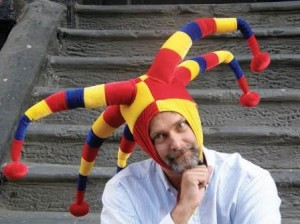 Christopher Moore’s website | Facebook | Twitter
Christopher Moore’s website | Facebook | Twitter
Rating: 






